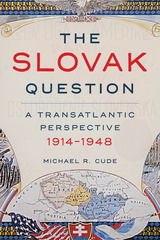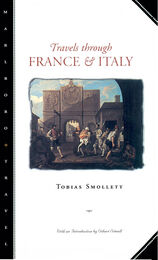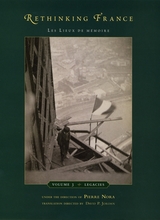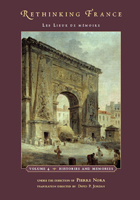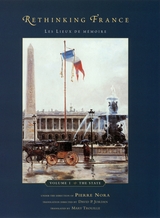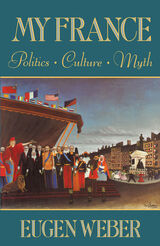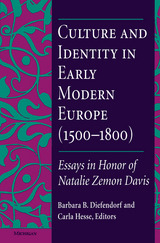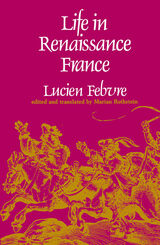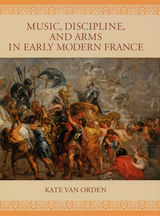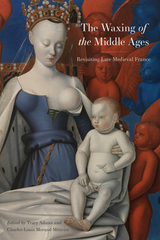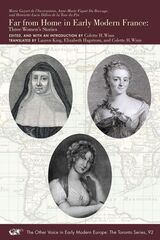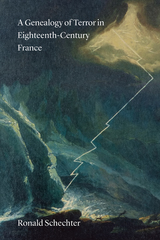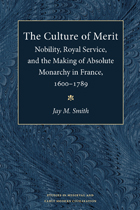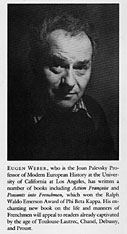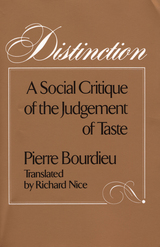Changing Identities in Early Modern France
Duke University Press, 1997
Cloth: 978-0-8223-1908-5 | Paper: 978-0-8223-1913-9
Library of Congress Classification DC33.3.C45 1997
Dewey Decimal Classification 944.025
Cloth: 978-0-8223-1908-5 | Paper: 978-0-8223-1913-9
Library of Congress Classification DC33.3.C45 1997
Dewey Decimal Classification 944.025
ABOUT THIS BOOK | AUTHOR BIOGRAPHY | REVIEWS | TOC
ABOUT THIS BOOK
Changing Identities in Early Modern France offers new interpretations of what it meant to be French during a period of profound transition, from the outbreak of the Hundred Years War to the consolidation of the Bourbon monarchy in the seventeenth century. As medieval notions were gradually replaced by new definitions of the state, society, and family, dynastic struggles and religious wars raised questions about loyalty and identity and destabilized the meaning of "Frenchness."
After examining the interplay between competing ideologies and public institutions, from the monarchy to the Parlement of Paris to the aristocratic household, the volume explores the dynamics of deviance and dissent, particularly in regard to women’s roles in religious reform movements and such sensationalized phenomena as the witch hunts and infanticide trials. Concluding essays examine how regional and confessional identities reshaped French identity in response to the discovery of the New World and the spectacular spread of Calvinism.
After examining the interplay between competing ideologies and public institutions, from the monarchy to the Parlement of Paris to the aristocratic household, the volume explores the dynamics of deviance and dissent, particularly in regard to women’s roles in religious reform movements and such sensationalized phenomena as the witch hunts and infanticide trials. Concluding essays examine how regional and confessional identities reshaped French identity in response to the discovery of the New World and the spectacular spread of Calvinism.
Contributors. Charmarie Blaisdell, William Bouwsma, Lawrence M. Bryant, Denis Crouzet, Robert Descimon, Barbara B. Diefendorf, Richard M. Golden, Sarah Hanley, Mack P. Holt, Donald R. Kelley, Kristen B. Neuschel, J. H. M. Salmon, Zachary Sayre Schiffman, Silvia Shannon, Alfred Soman, Michael Wolfe
See other books on: 1328-1600 | Changing Identities | Early Modern France | Enlightenment | Social classes
See other titles from Duke University Press




